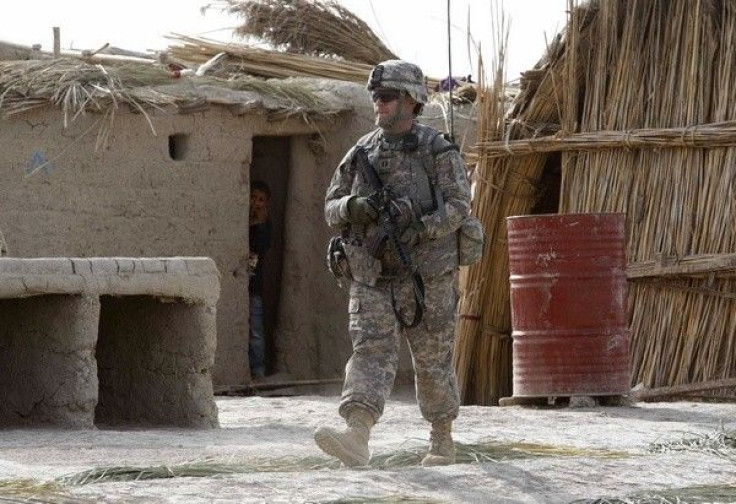In First for Iraq War, No U.S. Deaths in August

For the first time since the U.S. invaded Iraq in 2003, an entire month went by without a single U.S. soldier dying there in August.
Military officials heralded the news as a sign that the country's security has stabilized as Iraqi security forces have grown increasingly competent and self-sufficient. American troops are scheduled to leave the country at the end of the year, and a wave of deadly violence in July stoked fears that America's departure could ignite a fresh round of sectarian bloodshed.
If you had thought about a month without a death back during the surge in 2007, it would have been pretty hard to imagine because we were losing soldiers every day, dozens a week, Col. Douglas Crissman, told The New York Times. I think this shows how far the Iraqi security forces have come.
The U.S. has about 48,000 troops in Iraq. Commanders attributed the lack of deaths in August to the Iraqi government intensifying its campaign against Shiite militias believed to be funded by Iran. The Iraqi military devoted two-thirds of the counterterrorism missions to rooting out those militias, which were responsible for most of the 14 July fatalties that made the month the deadliest for American forces in three years.
In all, 4,465 American soldiers have died in Iraq since 2003, according to the Defense Department.
The Iraqi military's success in taking on the Shiite militias also offers a promising sign for how the country will weather the exodus of U.S. troops. Iran is believed to support militias as a means to jockey for influence in Iraq, but some observers note that with Americans gone the militias will have lost their chief target.
The militia groups involved are being paid by the Iranians to make trouble for the Americans, and that means that their main objective is no longer there if the Americans withdraw all their troops, Joost Hiltermann, the International Crisis Group's deputy program director for the Middle East, told the Times. It doesn't mean they won't exist altogether, but their violence will be harder to justify.
© Copyright IBTimes 2024. All rights reserved.











